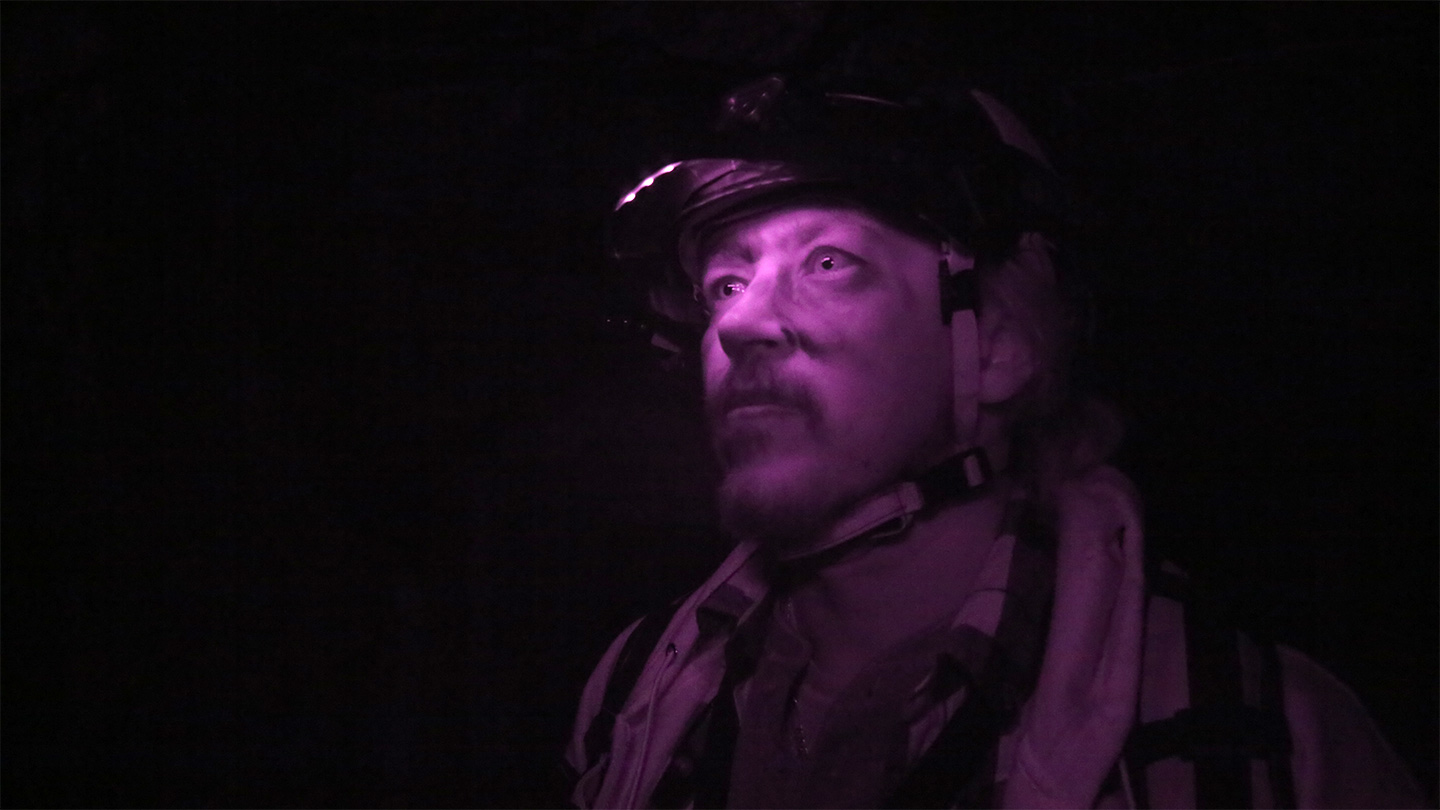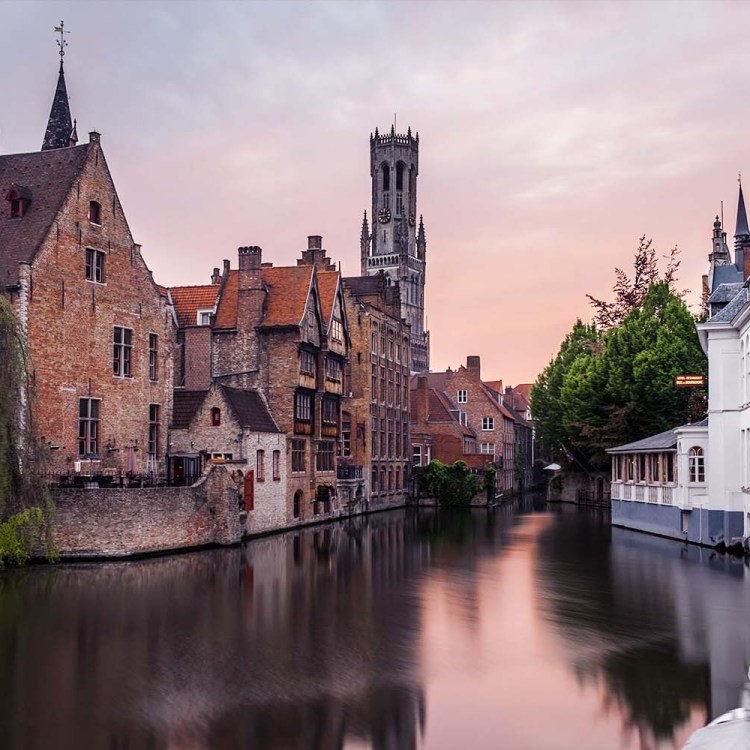Lost in an ancient cave, participants in Discovery’s new extreme reality TV show, Darkness, have to navigate through an alien environment riddled with a severe cold, tight confines, sharp rocks, sudden drop-offs and unknown animals.
Esquire writes that you can call the show insane or call it brilliant, but either way, “it meets America’s insatiable appetite for extreme reality TV, then takes it to a whole new level.”
The premise of the show is pretty simple: three strangers descend into three different locations inside a cave or abandoned mineshaft and then have six days to find each other and get out. They have no source of light and no tools. They have a backpack containing some paracord, water and a small ration bar, but they must forage for all other food (insects).
There are no teams, no gimmicks, no winner’s ceremony.
Christ Grant, CEO of Electus, the company that developed and produces Darkness, said its an “unscripted horror meets psychological thriller in an extreme natural setting.”
It is not so much a person-versus-person show as much as a person-versus-darkness show. An extreme fear of the dark in adulthood is known as nyctophobia and some 40 percent of adults polled in the UK said they are scared to walk around their own homes in the dark.

One cast member of Darkness said that it took her until she was in college to sleep with a light on, and that she suffered from nightmares until she was 17. But instead of avoiding dark places, Sarah Williams, 27, did just the opposite. She said she is “looking for ways to push boundaries, to push my mind to its absolute limits, to places I’ve never experienced before.”
Many caves are quite cold and it is so dark you cannot see your hand in front of your face. Esquire writes that in situations of irregular light or darkness, it is not uncommon for test subjects to “experience bizarre changes in their behavior or sense of self.”
In laboratory studies, researchers have been able to reliably provoke hallucinations in most subjects after a mere day of blindfolding.
The crew of the show has a hard job. Some wear night-vision goggles, and the cameras are “variously customized to detect light beyond the visible spectrum (night vision) or heat signatures (thermal infrared), and are either carried either by hand or mounted on tiny drones.” Each crew member has bruises or some a harrowing tale of falling backward, but a both a medic and a psychologist are on hand all times during filming.
“We cry down there,” adds one of the crew. “A lot.”
For more travel news, tips and inspo, sign up for InsideHook's weekly travel newsletter, The Journey.





















